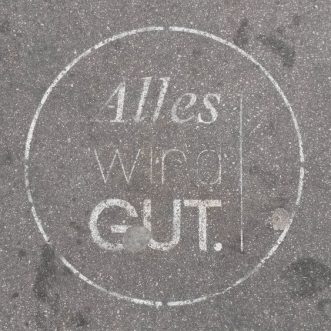
Optimalism
It sometimes seems to me that the world is divided into two ways of dealing with uncertainty.
You can expect the worst, and try to protect yourself from that possibility by tightly specifying and controlling everything down to the last detail.
Or you can expect the best, and leave everything to chance.
Neither response is optimal. The first closes off opportunities to do better than expected. The second leads to drift.
A more constructive approach is to set direction, leaving latitude for serendipity, obliquity and creativity, measuring effects as you go.
That way, whatever your natural bias, the worst that happens is that things get better.


